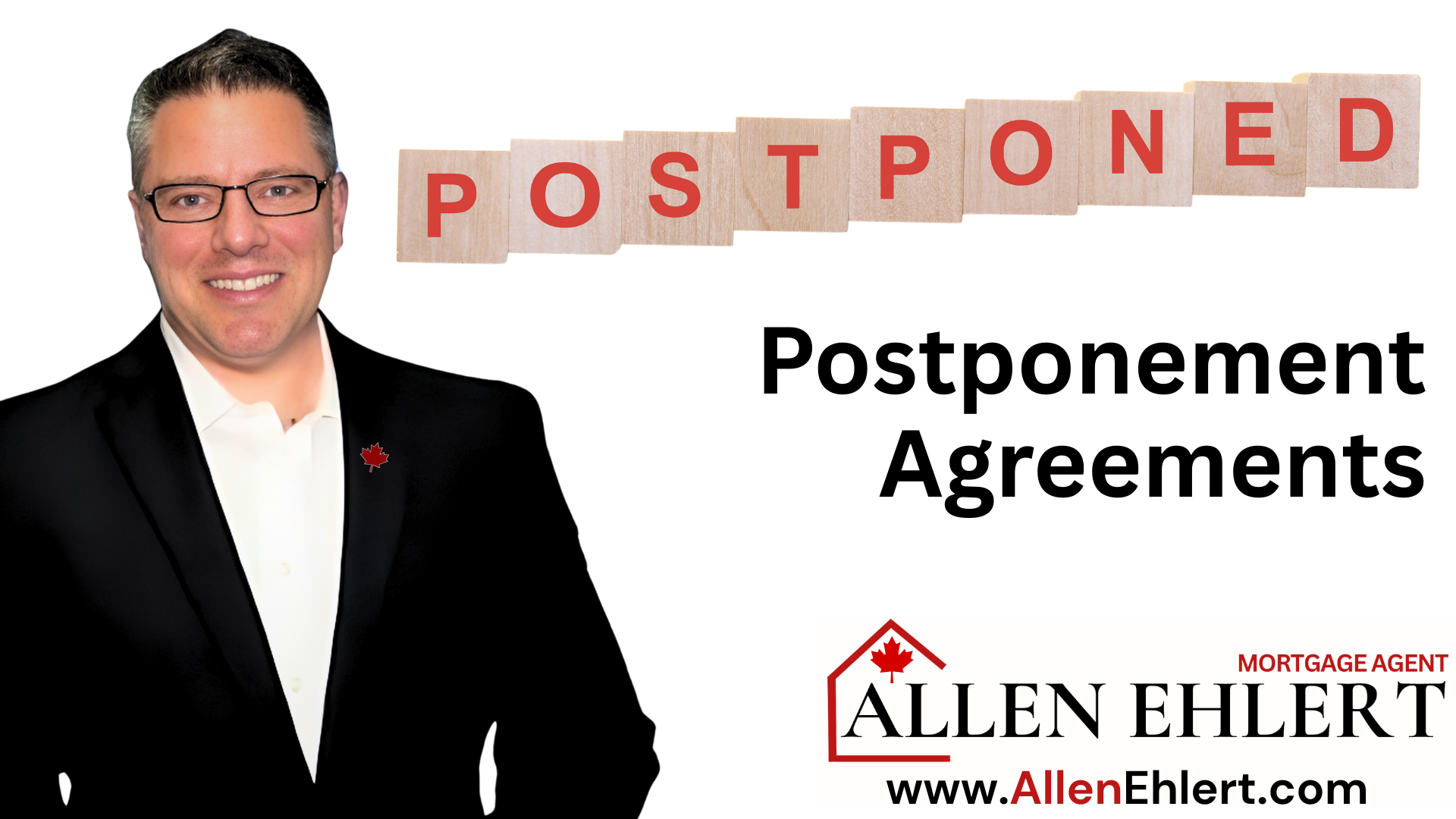Meridian’s Flex Line product provides a distinctive and competitive alternative to similar mortgage and Home Equity Line of Credit (HELOC) products available at Canada’s chartered banks, such as the Scotia STEP, RBC Homeline Plan, TD FlexLine, BMO Readiline, and CIBC Home Power Plan. Let me break down how Meridian’s Flex Line stacks up so you can decide for yourself.
How Meridian Flex Line Compares to Chartered Banks’ Products
How Meridian Flex Line Compares to Chartered Banks’ Products
Who Benefits Most from Meridian’s Flex Line?
The Bottom Line: What Sets Meridian Apart?
Who Is Meridian?
Meridian Credit Union is Ontario’s largest credit union and one of the largest in Canada. Operating since 2013 in its current form, it brings the strength and stability of a major financial institution while maintaining the personalized approach of a member-owned credit union. What does this mean for you as a borrower? It means Meridian isn’t just lending money—they’re investing in your financial well-being, with decisions made locally and a service philosophy rooted in transparency and trust.
As a credit union, Meridian differs from traditional banks in several key ways. Credit unions are not-for-profit cooperatives, meaning they reinvest profits into better rates, lower fees, and enhanced service—not shareholder dividends. Their lending area is within 90 minutes of a Meridian branch, and all mortgage signings must be completed in person, reinforcing their community-first commitment.
What is Meridian’s Flex Line?
The Meridian Flex Line combines a traditional fixed-rate mortgage with a HELOC into a single, integrated financial product. As the mortgage principal is paid down, the available credit on the HELOC automatically increases up to a predetermined limit. This provides ongoing access to equity, making it ideal for borrowers who want flexibility without refinancing repeatedly.
How Meridian Flex Line Compares to Chartered Banks’ Products
Choosing the right home financing solution involves carefully evaluating several key factors beyond just the interest rate. When comparing Meridian’s Flex Line with similar mortgage-HELOC products offered by chartered banks, it’s essential to consider features like flexibility, qualification criteria, mortgage type, customer service, and broker and borrower advantages. Each lender has unique strengths, and understanding these differences can help you identify the product best suited to your financial needs and lifestyle goals. Below, let me share how Meridian’s Flex Line stands out in these critical areas.
- Flexibility & Automatic Credit Limit Increase
- Qualification and Underwriting
- Mortgage Type and Interest Rates
- Accessibility and Servicing
- Broker and Borrower Advantages
Flexibility & Automatic Credit Limit Increase
- Meridian Flex Line:
- Automatically increases the HELOC limit as the mortgage principal is paid down.
- Offers a “set it and forget it” solution, eliminating repeated refinancing costs.
- Chartered Banks’ Products (e.g., Scotia STEP, RBC Homeline):
- Similarly structured, allowing HELOC limits to increase as the mortgage is paid down.
- However, banks sometimes segment the credit line into multiple components, which can complicate management for some borrowers.
Key Insight:
Meridian’s product provides streamlined simplicity. There’s less complexity, fewer moving parts, and minimal administrative hassle.
Qualification and Underwriting
- Meridian Flex Line:
- Clearly structured qualification: stress-testing at the higher of contract rate +2% or 5.25%.
- Underwriters proactively handle the qualification details, simplifying the broker’s and borrower’s experience.
- Chartered Banks’ Products:
- Similar stress-testing, but underwriting can be more rigid or compartmentalized due to large institutional structures.
- Often involves stricter income validation and underwriting protocols, which can be less flexible compared to a community-focused lender.
Key Insight:
Meridian’s community-based underwriting typically offers more personalized and responsive service, ideal for borrowers needing individual attention or flexibility.
Mortgage Type and Interest Rates
- Meridian Flex Line:
- Currently offered as a fixed-rate mortgage only (variable rate not yet available).
- Rates are highly competitive, frequently matching or beating major banks’ offerings due to Meridian’s cooperative (not-for-profit) structure.
- Chartered Banks’ Products:
- Often offer both fixed and variable-rate mortgages within the HELOC product.
- Rates can fluctuate significantly, often including premium charges due to complexity or the prestige of the lender.
Key Insight:
Meridian’s fixed-rate-only model may initially seem limiting, but it typically ensures straightforward, predictable payments. If borrowers prefer fixed payments with flexible access to credit, this is a major plus.
Accessibility and Servicing
- Meridian Flex Line:
- Requires borrowers to sign documents in-person at a local Meridian branch.
- Offers a personal, community-focused customer experience, emphasizing service quality over volume.
- Chartered Banks’ Products:
- Allow broader geographical accessibility with more branch locations nationwide.
- Customer service experiences vary greatly between banks and branches, and service can feel less personalized or more transactional.
Key Insight:
Meridian provides highly personalized service, which is particularly valuable for borrowers who appreciate face-to-face relationships and direct local accountability.
Broker and Borrower Advantages
- Meridian Flex Line:
- Brokers are paid compensation on both the mortgage amount and the approved HELOC limit immediately at closing, not just on the utilized portion.
- Ideal for borrowers who want to secure immediate access to their equity without the uncertainty of delayed compensation.
- Chartered Banks’ Products:
- Typically, brokers are paid based on the actual amount advanced at closing, with HELOC compensation delayed or paid only when used.
- Often less advantageous to brokers, reducing their incentive to promote the product enthusiastically.
Key Insight:
Meridian’s structure benefits both brokers and borrowers, promoting a cooperative approach that aligns everyone’s interests.
Who Benefits Most from Meridian’s Flex Line?
Meridian’s Flex Line is particularly beneficial for:
- Borrowers looking for predictability with a fixed-rate mortgage combined with equity flexibility.
- Homeowners planning for future financial flexibility, such as investing in renovations, education, or financial investments without refinancing hassles.
- Clients who appreciate personalized, community-based service, including face-to-face branch interactions.
- Real estate investors and financially strategic borrowers who want a prearranged, accessible credit line that grows automatically without additional approvals.
The Bottom Line: What Sets Meridian Apart?
Meridian’s Flex Line distinguishes itself through simplicity, transparency, competitive rates, community-driven service, and broker-friendly compensation practices. While chartered banks may offer broader geographic coverage and more diverse variable rate options, Meridian excels in customer service, ease of use, and predictable long-term financial planning.
As your mortgage agent, I value Meridian’s unique balance of competitive financial flexibility with exceptional customer care, making it a highly recommended alternative to traditional bank products.
If you’d like to explore how the Meridian Flex Line could meet your specific financial goals, please reach out to me directly. I’m here to guide you through every step of this exciting financial solution.












